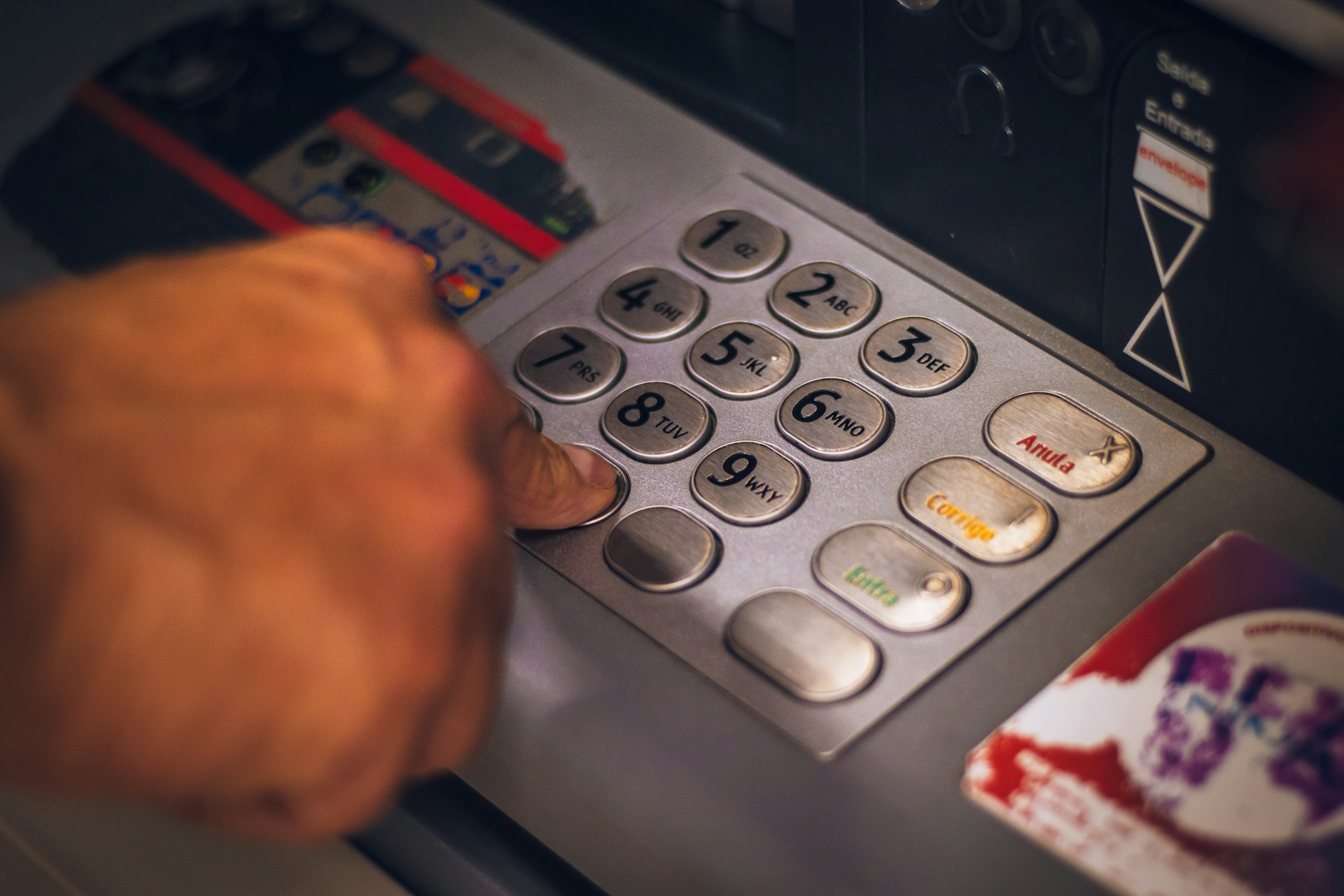Managing your finances effectively is the secret to building a secure financial future.
Whether you’re trying to get out of debt, create a stronger savings habit, or simply improve your long-term financial health, there are strategic steps you can take today to make a meaningful impact tomorrow.
This guide provides practical, actionable insights to help you take control of your finances.
From understanding your spending patterns to setting realistic goals, these 10 smart financial health tips will empower you to make informed money management decisions.
Understand Your Financial Baseline
Before tackling your financial goals, it’s essential to know exactly where you stand today.
Track Your Income and Expenses
Start by documenting all of your income sources and categorizing your spending habits.
Apps like Mint or YNAB (You Need A Budget) allow you to track every penny flowing in and out. The key here is awareness—identifying areas where you might overspend will help you make more conscious financial choices.
Assess Your Debts and Assets
Take stock of all your debts, such as credit card balances, loans, and mortgages. Alongside that, evaluate your assets, such as savings accounts, retirement funds, and physical assets like your car or house.
Regularly monitoring this will provide you with a clear financial picture and a base upon which to establish money management strategies.
Set Clear Financial Goals
Having specific, measurable goals can guide your financial decisions and help you stay motivated.
Create Short-Term and Long-Term Goals
Short-term goals might include building an emergency fund or paying off a credit card, while long-term goals could focus on retirement savings or purchasing a home.
Break these down into achievable milestones, and celebrate small wins along the way.
Use SMART Goals for Your Money
SMART—Specific, Measurable, Achievable, Relevant, and Timely—can be a great framework for financial goal-setting.
For example, instead of saying, “I want to save more,” try, “I will save $5,000 in the next 12 months by setting aside $416 per month.”
Automate Your Finances
Automation simplifies your financial life, ensuring your goals stay front and center without constant manual effort.
Automate Savings and Investments
Set up automatic transfers to your savings account and retirement plans as soon as you receive your paycheck. This “pay yourself first” strategy ensures you prioritize saving over spending.
Automate Bill Payments
Avoid late fees and protect your credit score by automating regular bill payments. Use your bank’s autopay feature to handle recurring bills, such as utilities, rent, and insurance premiums, effortlessly.
Create and Stick to a Budget
Budgeting remains one of the most effective personal finance improvement tools at your disposal.
Choose the Right Budgeting Method
The 50/30/20 rule is a popular budgeting framework—allocate 50% of your income to needs, 30% to wants, and 20% to savings or debt repayment.
Alternatively, zero-based budgeting requires you to assign every dollar of income a purpose.
Adjust and Review Regularly
Your budget is not set in stone. Remember to review it periodically, especially after significant life changes like a salary increase or unexpected expenses.
Tackle Debt Strategically
Paying off debt can be daunting, but with the right approach, you can regain control of your financial health.
Prioritize High-Interest Debts
High-interest debts, such as credit card balances, cost you more over time. Focus on repaying these first with strategies like the Debt Avalanche (paying down debts with the highest interest rate first).
Consider Debt Consolidation
If juggling multiple debts feels overwhelming, look into consolidating them into a single loan with a lower interest rate. This approach simplifies repayment while potentially saving you money.
Build an Emergency Fund
Having a financial safety net is crucial for unexpected events like medical bills or home repairs.
Aim for Three to Six Months of Expenses
A solid emergency fund should cover at least three to six months of your core living expenses. Start small if needed—saving even a little can create peace of mind during tough times.
Keep Your Fund Accessible but Separate
Your emergency fund should be easily accessible, yet separate from your daily spending accounts. Consider using a high-yield savings account to earn more interest on your saved money.
Invest for Your Future
Long-term wealth building relies heavily on strategically investing your money.
Diversify Your Investments
When investing, spread your money across different asset classes, such as stocks, bonds, and real estate. Diversification reduces risk and improves potential returns.
Commit to Consistency
Investing is a long game. Regular contributions, even during market fluctuations, can yield significant returns over time thanks to the power of compound interest.
Small Changes Lead to Big Impact
Improving your financial health doesn’t require drastic measures overnight. Implementing these smart tips consistently and strategically will bring measurable progress toward your financial goals.
By better managing your spending, setting realistic goals, and focusing on automation, you can create a more secure and stable financial future.
If you’re looking to take your money management strategies to the next level, consult experts like RowanOak Private Wealth. Their personalized strategies can be the key to refining your financial plan.



Leave a Comment